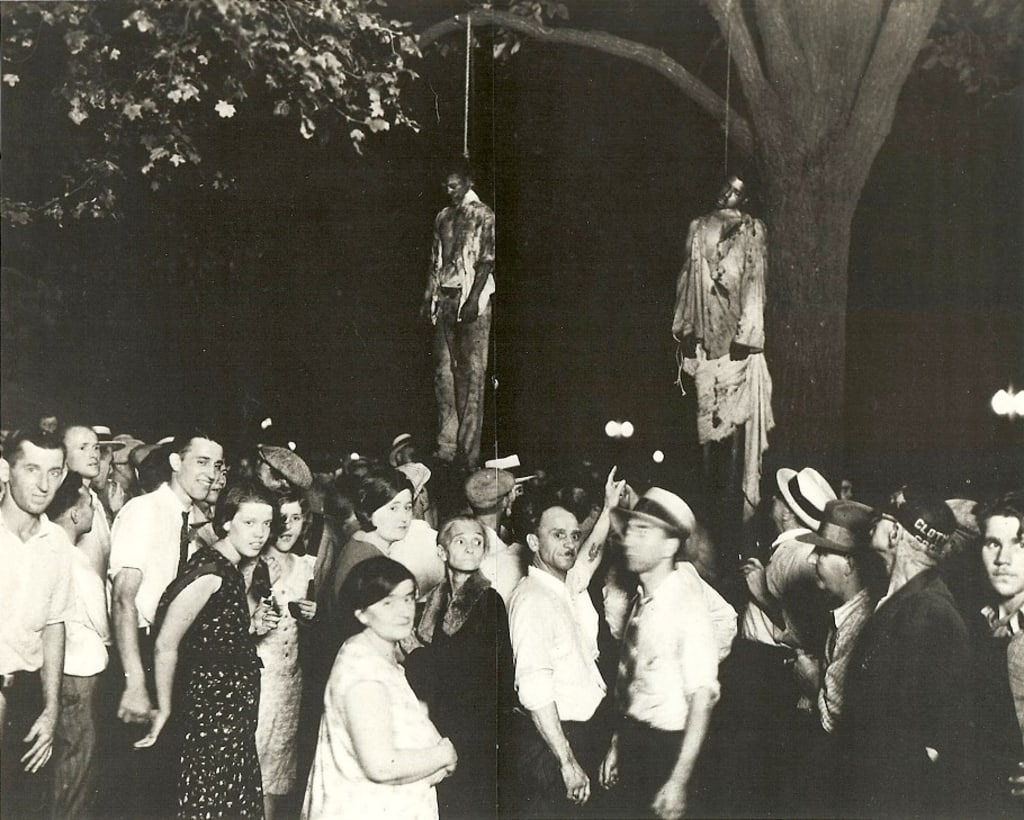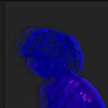Strange Truth
A poem that plays on the song "Strange Fruit" made famous by Billie Holiday.

The following poem is entitled Strange Truth. It was inspired by the Abel Meeropol song “Strange Fruit” (written in the late 1930s) that, in a comparison to fruit hanging from trees, describes a disturbing visual of black men and women in the south who had been lynched. It’s common knowledge that it was not abnormal to kill slaves and black Americans who had potentially committed crimes, so the song is in no way exaggerating historical events.
This poem, on the other hand, relates those past occurrences to the common cases of police brutality and racial profiling in the modern day United States. For example, the shooting of Trayvon Martin that sparked the Black Lives Matter movement and the suffocation of Eric Garner by an NYPD officer caused riots and outrage after there were no legal repercussions for their deaths.
Strange Truth was originally written as a spoken word piece; however, I do believe that anyone with social awareness will also be equally satisfied by the honesty and reality expressed.
Southern trees bear a strange fruit,
And strange enough
It’s still bearing season.
Except now the southern trees are our own city streets –
Blood on the broken lines,
Blood on the buildings filled with people observing these public executions
Witnessing
Black bodies mangled in the sight of their own children,
Black women mysteriously pronounced dead under the watch of our “protectors,”
Young men shot to maroon puddles in the middle of the street for wearing hoods. And not once,
Not one time,
Was there even a whisper from enforcement.
Strange it is to become a reduction to letters for being black.
Pastoral scene of the gallant south,
History repeats itself.
These are my people,
Look at them! The bulging eyes longing to reach the grass. No,
Look at them!
See the holes forced into their flesh
Killed by those with grimacing lips who believe their the closest to God we will experience.
The scent of their senses diminishing as life leaves their bodies
While sweet and fresh freedom caresses the minds of those claiming
“All Lives Matter.”
Then the sudden smell of burning flesh. What more is there to say?
There is a fruit
And there is a person
Hanging from the same limb,
Riding the same breeze. You see
They’ve become brothers – the crops nurtured and the mouths fed –
Green in more ways than you can imagine.
The fruit comes down…
And how men wish they hadn’t descended so fast as the magnolia’s blossoms sprouted.
Our midnight berries become their daylight targets, so here is a fruit
For the law and for the gun to admire,
For the rain to wash away the tears of marching mothers,
For the wind to carry the cries of black lives as they float away,
For the sun to kiss,
For the tree to miss,
For us to shout about for a day,
And forget about the next.
Dishonesty is their policy,
For here is the strange and bitter
Truth.
The poem ends with a perspective on how the world reacts to the cases described. Black men and women have been and still are targets to the majority, yet even black people tend to not pay enough attention to what’s actually happening. It’s true that we have anger for a short amount of time and leave it behind after a couple of days. I mean, who really kept up with what happened to Philando Castile’s family or the officer that shot him? Not many. That’s the strange truth mentioned above. I’m not saying that we don’t care, only that we shouldn’t pretend to be informed because we retweet viral hashtags and repost videos of our own people being shot to death. We know that others can claim it’s not about race, but we don’t hold that privilege of ignorance. Black people must be as vocally active offscreen as we are onscreen. Otherwise, we’ll never receive the attention needed to make a change.
Sources:
Blair, Elizabeth. “The Strange Story of the Man Behind ‘Strange Fruit.’” Npr.org. September 5, 2012. Available here.
Voorhees, Josh. “Of Course It Happened Again.” Slate.com. December 3, 2014. Available here.






Comments
There are no comments for this story
Be the first to respond and start the conversation.